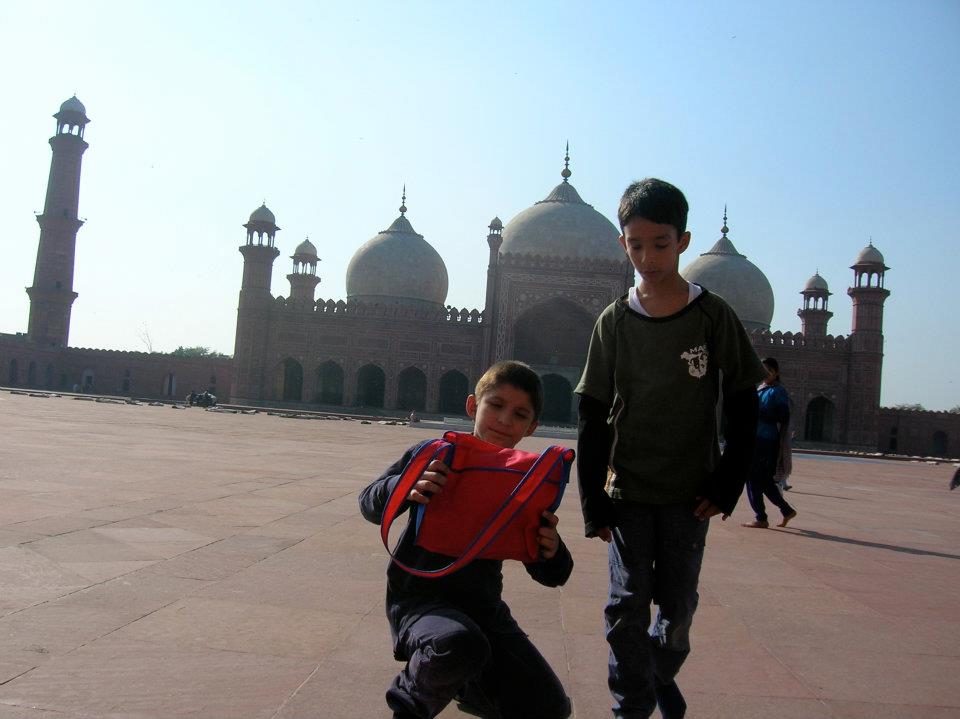by Rizwana Khan

Its 21st century, and the new learning structure has arrived. The authoritarian way of learning has become obsolete. It might be so. Some say, “Then there is Donald Trump.” Well, then there are the huge rallies against him, too, i.e. Women Rights, Black Lives Matter, Climate Change, Greta Thurnberg and Malala. The population has become more reflective, creative and engaging.
Authoritarian practices were the norm in the previous centuries. It was important to toe the line. In the military forces the soldiers killed and were killed at a General’s command. In Middle ages religion was the authority. Crusaders led by the Christian kings took over the whole Middle East and Europe on the bases of God.
It all started when King of Prussia, later Germany, tried to make his own army, and discovered that the farmers he recruited dropped their guns and left the battle fields whenever they felt like. Because of these actions he decided to train them in schools. Consequently the schools were instilled discipline, punctuality, respecting authority and sitting or standing for long hours.
The authoritarian system became the hallmark of all the schools. As the world progressed into Artificial Intelligence and video games, acquiring knowledge becomes more creative and reflective. The job skills for menial, administrative, and clerical jobs that were easy to assess and grade became obsolete as these jobs were done mechanically. All the companies that have survived and stocks gone up after Covid 19 are Google, Amazon and Ali Baba. In order to survive in the present times the learning has to be creative.
There are different ways of defining creativity. Basically it is a quality that is mostly not measured by tests. Creativity can be anything as follows: resourcefulness, curiosity, resilience, self-discipline and civic mindedness.
In the schools, in order, to teach relevant and creativity in the curriculum the students have to engage with the concepts that are not otherwise taught in the curriculum. For example, scientific concepts are taught with real life resources, where student’s curiosity and resourcefulness create something new. Creativity and reflective practices are not something new.
In Turkey, the Rumi engage in their learning “made claims for a ‘religion of love’ that went beyond all organized faiths.” What can get lost in such readings is the extent to which Rumi’s Muslim teaching shaped even those ideas. As Mojadeddi notes, the Koran acknowledges Christians and Jews as “people of the book,” offering a starting point toward universalism.
Learning, also, means to develop a collaborative culture. Different kinds of backgrounds help the people to learn from each other unlike the ‘modern’ education. In the classrooms all the students are developed to form into new, and a better mold.
The Prussian kind of education system was figured to be the modern learning and served well the military dictators. The teachers in the class became a replica of a despot. He knew all the answers, implemented the rules and lectured the masses. There was no need to develop collaborative culture. The teacher instead of empowering the students gives the power to himself. The standardized curriculum leads to hegemony. Every student is graded to a rubric set up to a specific family literacy. Any diversity is discouraged and, further on, expelled.
For instance, in Pakistan, education institutions cater to different socio economic classes. The students the universities don’t know how to coexist. The universities become a battlefield.
Thus creativity is not encouraged as it requires student centered learning and develops diversity that socio economic class based system can’t handle. Considering the requirements of future, the country will have to change the education system by opening up their classrooms to diverse population and engage a creative curriculum. Imparting knowledge means engaging the children to discover the world on their own terms.